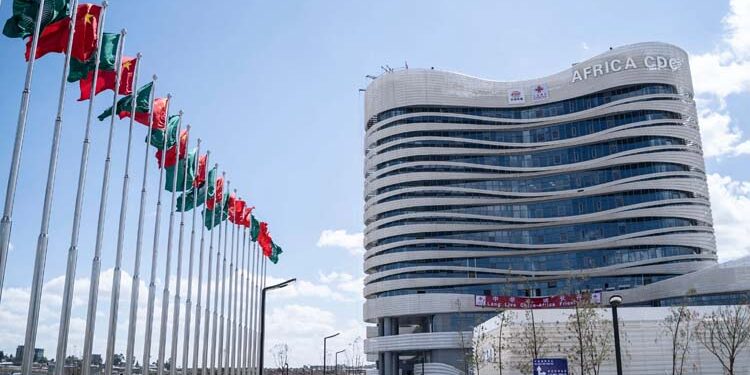US contributions to health care in sub-Saharan Africa in 2024 totaled more than $4 billion, according to the US government.
The public health agency of the African Union, which oversees the continent’s response to disease outbreaks, said governments will need to turn to taxes and the private sector to fill the hole left by the cancellation of billions of dollars of American aid.
The Ethiopia-based Africa Centres for Disease Control and Prevention said funding is needed as an “unprecedented financing crisis,” threatens to undermine pandemic preparedness, maternal and child health services and disease control programs. And that’s all on the continent with the highest disease burden.
“We know that never again will we get what we had in the past,” Africa CDC Director-General Jean Kaseya said on a conference call, referring to the cuts in aid from America and elsewhere.
US President Donald Trump’s decision to cancel the vast majority of aid to Africa doled out by the United States Agency for International Development and the President’s Emergency Plan for AIDS Relief has upended health care across the continent. Many HIV/AIDS treatment centers have shut their doors and basic health provision has been disrupted in some of the world’s poorest countries.
US contributions to health care in sub-Saharan Africa in 2024 totaled more than $4 billion, according to the US government.
Now the African agency, in a 32-page paper, titled “Africa’s health financing in a new era” that was updated Monday, urges countries to raise money by taxing airline tickets as well as tobacco products, alcohol and sugary drinks. It also says that investment in health care by the private sector should be encouraged.
HIV, Malaria
“We’ve reached out to various parties to support our innovative financing approach and it’s been well received,” Kaseya said.
It’s a big ask.
Many African countries spend more on servicing debt than health, with the African Export-Import Bank estimating the continent’s external debt burden at $1.2 trillion. Health expenditure per capita in sub-Saharan Africa in 2021 ranged from $17.64 in Madagascar to $718.49 in the Seychelles comped with a global average of $1.260.36, according to the World Bank.
The continent is home to about two-thirds of those infected with HIV-AIDS, has the world’s highest incidence of malaria and is battling an outbreak of an infectious variant of mpox after delays in getting vaccines.
The US has committed to investing in local manufacturing, digital health and supply chain infrastructure, Kaseya said following meetings with officials from that country. Kaseya has held talks with Aliko Dangote, Africa’s richest man with a $28 billion fortune, and others in the private sector across the continent, he said.
“We are also talking to the private sector in other parts of the world and we are talking to philanthropists,” Kaseya said. But “we want to see African countries being supported because they’re doing something to support their own health systems,” he said.

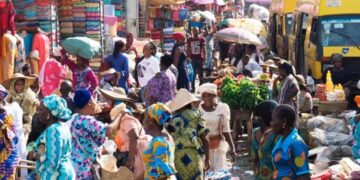

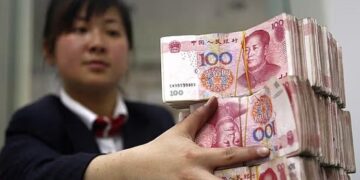

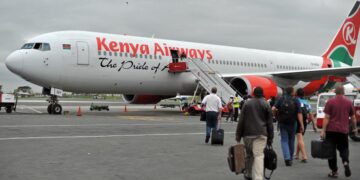



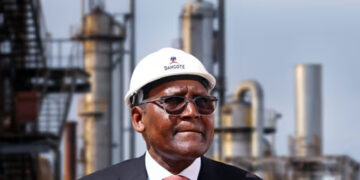
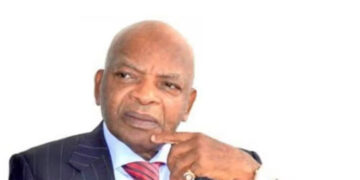
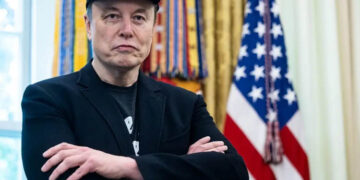


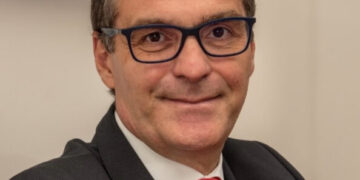
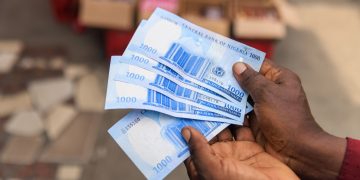


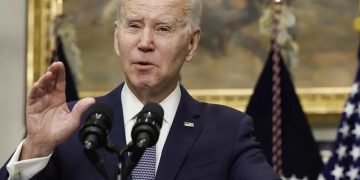
![[Kenya] Digital credit provider Tala disbursed Sh240 billion in loans in eight years 19 [Kenya] Digital credit provider Tala disbursed Sh240 billion in loans in eight years](https://theafricanbusiness.com/wp-content/uploads/2023/02/TALA-APP-360x180.jpg)



